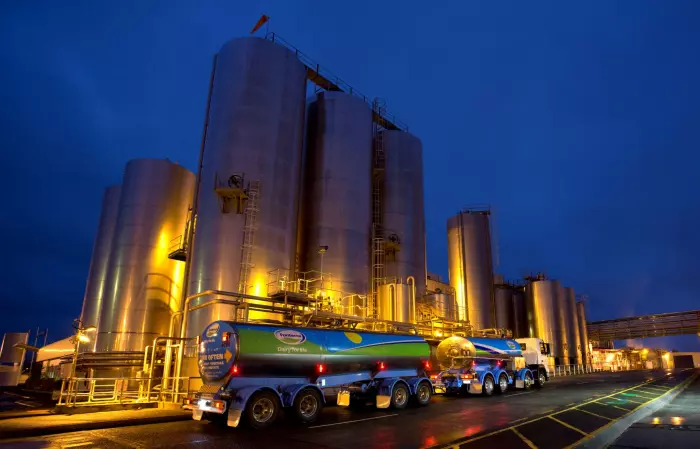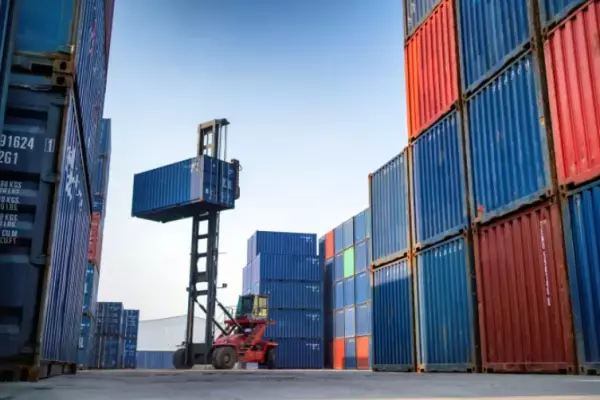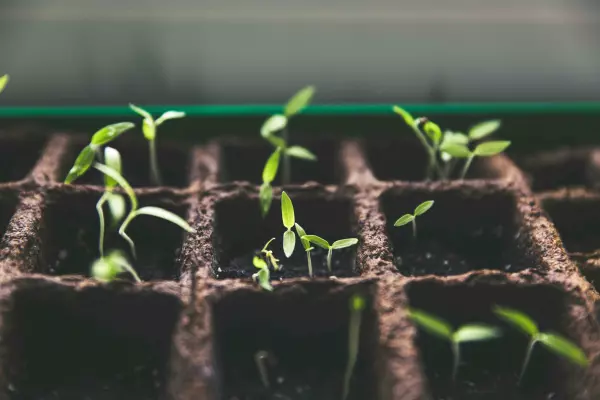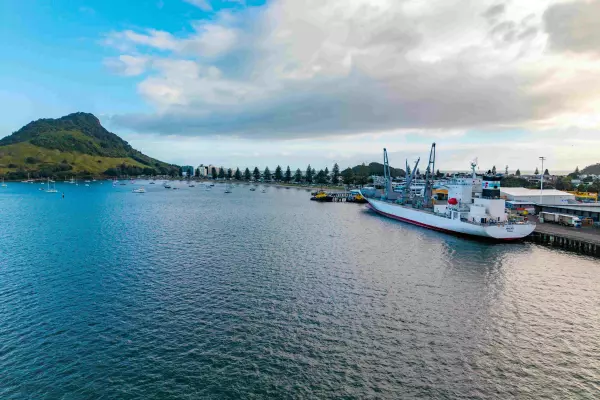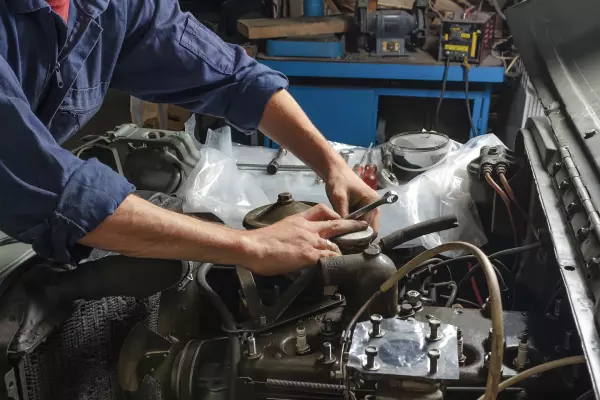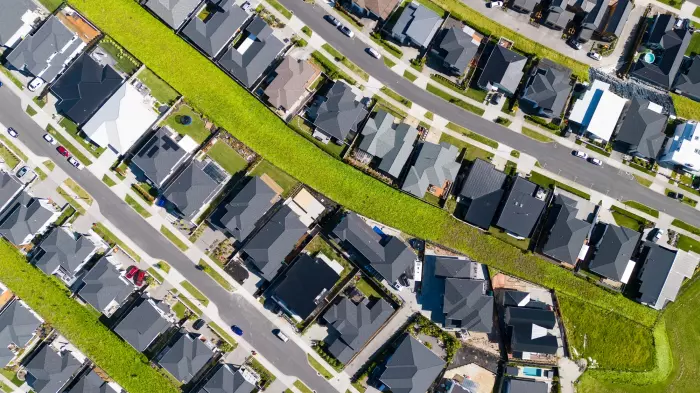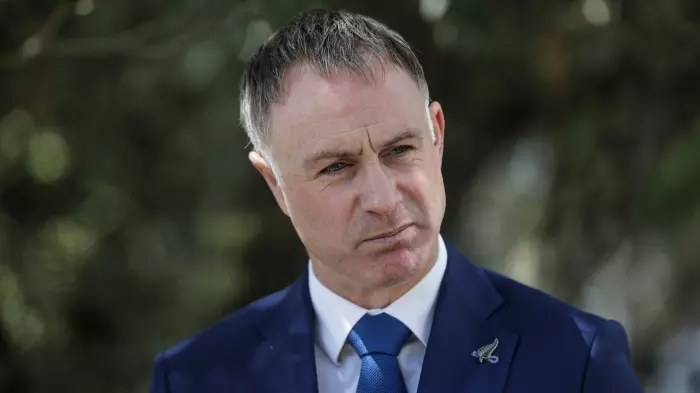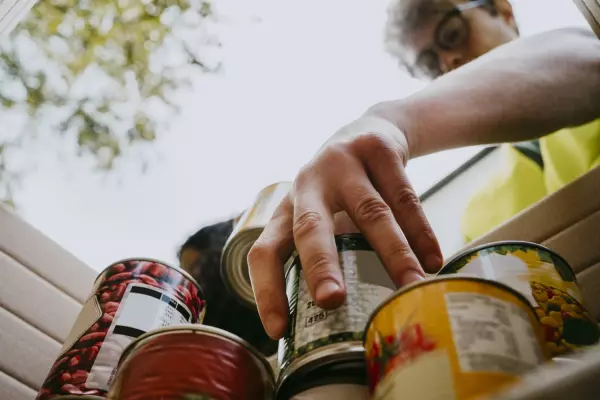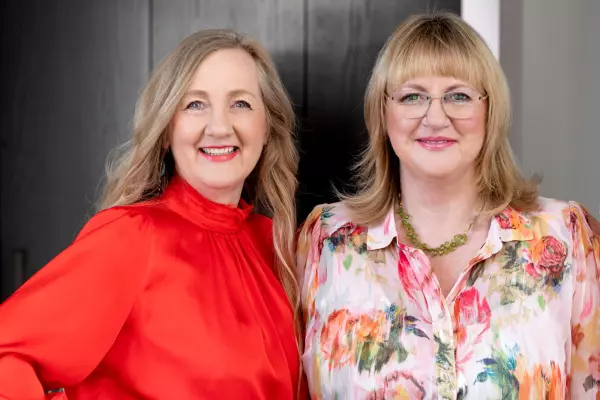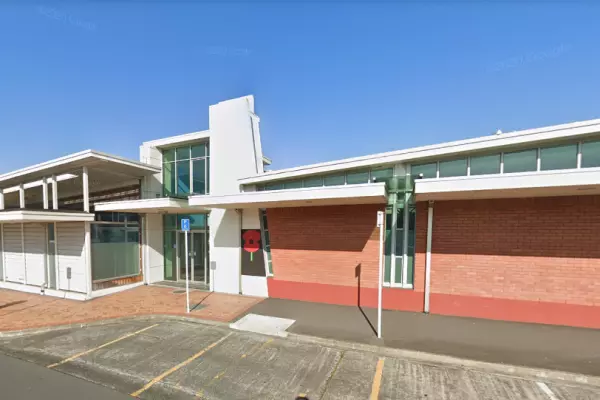Fonterra’s annual reports would suggest the country’s biggest exporter doesn’t give much back to New Zealand but a look under the hood tells a different story.
The Companies Act 1993, section 211, says annual reports must state the total amount of donations made by the company during the accounting period.
However, most of its giving in NZ is through long-term partnerships and sponsorships. The information disclosed in its sustainability report and on its website, says Mike Cronin, managing director of co-operative affairs.
“In FY21 we had no material activity classified as a donation.”
That doesn’t mean it didn’t give.
In the 2021 financial year, the co-op reported a net profit before tax of $635 million.
The Sustainability Report says Fonterra donated more than $2.5m in "donations of product, equipment or finance, including to foodbanks but excluding other investments such as Living Water, Sustainable Catchments and In School Nutrition".
In 2020, net profit before tax was $978m.
The sustainability report notes many donations, including to foodbanks, for mental health awareness and for things like hi-vis vests for school children, and grocery vouchers.
It reports $5.9m for dairy nutrition through its in-school programmes.
"When New Zealand schools closed, we let them know they could share spare milk from our in-schools milk programme to families that needed it and we redirected nearly one million serves of milk directly to community groups.”
In 2019, it reported a pre-tax net loss of $42m. The sustainability report includes $382,000 for 205 initiatives. There was also $7.4m for Milk in Schools and Kickstart Breakfast schemes.
The total donations, however, are in fact higher.
Cronin says Fonterra’s partnerships and sponsorship are focused on three areas: Putting good quality nutrition into the hands of those who need it; protecting and regenerating the environment, and keeping communities strong.
On the nutrition front, he says Fonterra’s partnership with NZ Food Network was set up in July 2020 and it's supplied more than 650 metric tonnes (MT) of products, equating to more than 1.85m meal equivalents.
The most common products supplied include milk powder, UHT, cream cheese, fresh milk and yoghurt.
In 2022, Fonterra has committed to further regular donations of 1kg Anchor milk powder bags initially for three years to ensure communities have ongoing access to dairy products. This will start with 100 MT per annum, increasing year on year.
Fonterra and Sanitarium entered the KickStart Breakfast partnership in 2009, providing Anchor UHT milk and Weet-Bix to low decile schools across the country.
The central government became a partner in 2013 and the initiative now supplies Anchor UHT milk and Weet-Bix to about 1,350 schools across NZ, including Chatham, Pitt and Great Barrier islands.
Through this partnership, about 185,000 breakfasts are served weekly to school-aged students, says Cronin. Covid-19 has seen some schools share those products with families in need in their communities.
Green initiatives
On the environmental front, Living Water is Fonterra’s flagship environmental partnership with the Department of Conservation and has been going for nine years.
It's a research and development partnership focused on trialling tools, methods and approaches to enable farming, freshwater and healthy ecosystems to thrive side by side.
Fonterra gives $2m to Living Water a year, says Cronin. Projects include trialling floating wetlands to improve freshwater quality. Early results show that introducing floating wetlands to farm drains that flow into Lake Areare has reduced nitrogen and phosphorus entering the lake.
It's also exploring how the use of plantain within pasture could reduce the amount of nitrogen produced by cows.
It has more than 150 partnership initiatives underway in the “sustainable catchments” area and contributes $400,000 a year to partner organisations.
On the community front, Hapori is Fonterra’s own localised community giving programme, with 11 regional committees throughout NZ that come together with iwi, community groups, and local stakeholders to address challenges.
Here, says Cronin, its contributions are focused on more than just funding – it uses skills and resources to contribute to local communities.
Fonterra tanker drivers, for example, have supplied water in droughts.
Finally, he says farmer mental health is of critical importance to the co-operative, so it has worked with the Rural Support Trust on a number of initiatives to support communities in the past year, including organising a Parliamentary rugby team v Fonterra Good Together team charity rugby match in Canterbury.
Funds raised helped support farming families hit by flooding.
The dairy giant, which is on track to pump $14 billion into farmers’ pockets through the payout is committed to giving back to its communities, says Cronin.
"We have a donations and sponsorships policy, which determines the activity we participate in and approvals required.”


